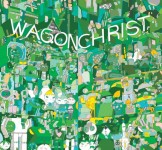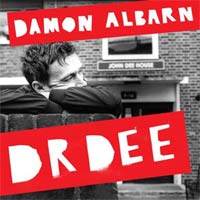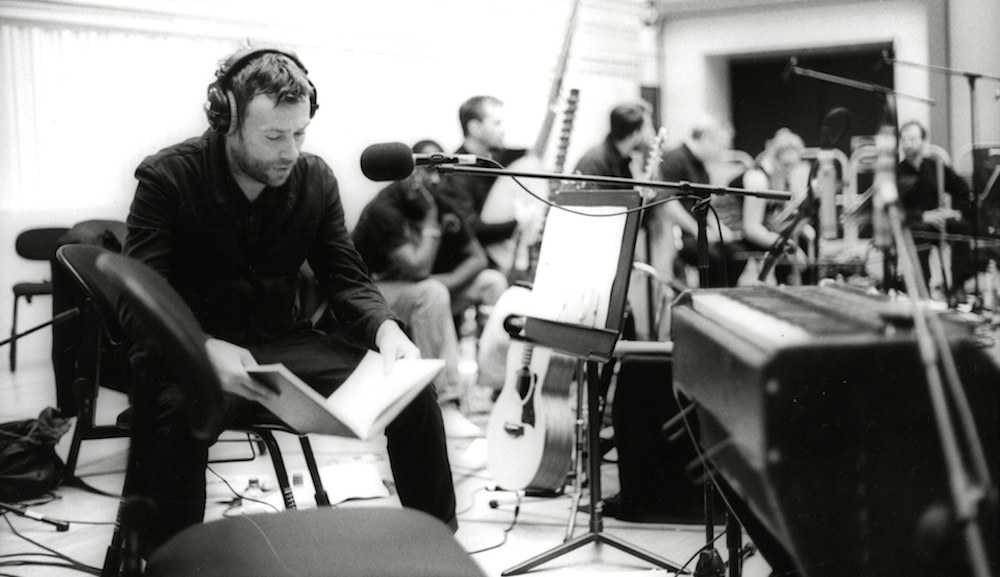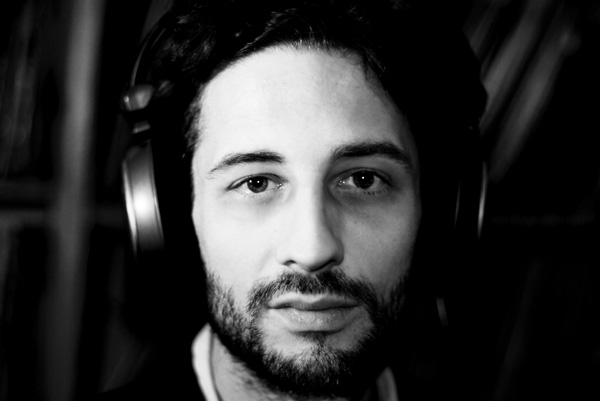 Wagon Christ: Toomorrow (Ninja Tune, 3/07/11)
Wagon Christ: Toomorrow (Ninja Tune, 3/07/11)
Wagon Christ: “Manalyze This!”
[audio:https://alarm-magazine.com/wp-content/uploads/2011/04/03-Manalyze-This.mp3|titles=Wagon Christ: “Manalyze This!”]
Electronic producer Luke Vibert is a man of many sounds and aliases. Since the early ’90s, Vibert has recorded under his own name as well as under Wagon Christ, Plug, and several others to accommodate his sheer girth of recorded output. His brand new release as Wagon Christ, Toomorrow, retraces his funky roots while pasting disparate vocal samples over waving bass lines and hip-hop beats.
Toomorrow is a 15-track collection that demonstrates Vibert’s humorous fusions and reflects the slinky rhythms of his Wagon Christ alias. Here Vibert discusses the making of his newest record, the truth behind live electronic music, and how technological innovations have affected his material.
Your first record, Phat Lab Nightmare, was based on a lie, but you eventually got your foot in the door with Rising High. Do you think your approach to music would have been different had you not started with an impromptu ambient record?
That’s an interesting question. I don’t think anyone’s ever asked before. Yeah, I’m sure it would have been, probably. I have to recover, in a way, from that album. At the time, I think if I could have made anything, if I could have been totally free and making anything, I would have probably made very similar stuff to now. Like more funky break beats, and not so obviously ambient. But I sort of forced myself to try and make ambient music, and actually really enjoyed it. So then, slowly, that influenced the rest of my tracks. After a few years, I kept coming back to the album and thinking, “Actually, I quite like that.” So yeah, it definitely changed me for some reason, but it’s hard to think of how because it was so long ago.
Wagon Christ came about in the mid-’90s. How has the evolution of house and the abundance of new musical influences changed or affected Wagon Christ’s material?
It’s funny — I think, in a way, that it makes me more try to find my own sound and stick to that. I’ve had lots of people tell me, “Oh, man, your sound is quite dated, and the tracks sound very ’90s, and some people — kind of friends, really, all people I meet in clubs — often say, “Don’t you like dubstep?” (or some new thing), and I say, “Yeah — yeah, I do.” But I don’t really want to make it. I just want to find my own thing that I like doing.
Especially now that I’ve got kids and more work to do — like looking after them, and then more gigs that I have because the records don’t make so much money — I’m always off traveling around, touring. So I think when I do come to make music now, I just kind of really want to be me and forget about all new music. I don’t take much influence, really, from all the millions of new styles that have developed over the years. My stuff still sounds pretty old and basic.




